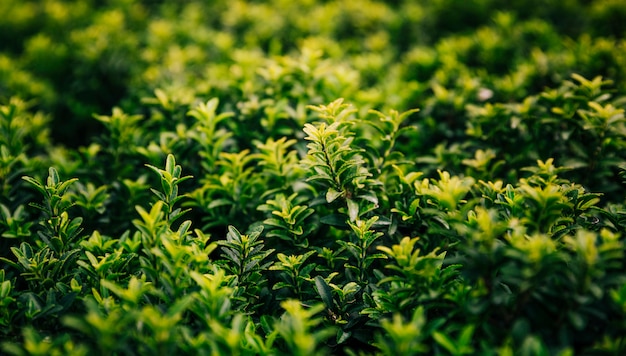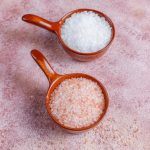
I use herbal remedies a lot in my daily routine, whether it’s crafting homemade lotions, mixing infused oils and salves, or sipping on herbal teas and veggie smoothies. One of my favorite herbs is alfalfa.
You might be wondering, alfalfa? Isn’t that just for feeding livestock like cows and horses? While it’s true that alfalfa is commonly used in animal feed due to its high protein and nutritional content, the younger, tender parts of the plant are actually great for us humans, too. It’s more popular for human consumption in Europe compared to the US.
Alfalfa is particularly beneficial for easing some pregnancy-related symptoms, making it a great herb for moms to familiarize themselves with. While alfalfa might make you think of hay or a character from the Little Rascals, it’s truly a powerhouse herb, earning the name “Father of All Foods.”
Also known as lucerne, buffalo herb, or Medicago sativa, alfalfa belongs to the pea family. It has a long history in traditional Chinese and Indian Ayurvedic medicine, where it’s been used for digestive issues, jaundice, and blood clotting disorders. Some 19th-century doctors even used it to help nursing mothers produce more milk.
What makes alfalfa special is not just its rich nutrients but how easily our bodies can absorb them. It’s generally safe for children, adults, and both pregnant and nursing mothers for nutritional support.
From my experience with various herbs, even in cases where conventional medicine didn’t work, alfalfa has been particularly supportive in several ways. It contains a broad range of minerals like iron, calcium, magnesium, and vitamins E, C, and K. It’s also packed with essential amino acids that we need from our diet. Because it’s so easy to digest, many green powders use it as a base. Alfalfa boasts the highest chlorophyll content among plants, making it a popular choice for liquid chlorophyll, which is very nutritious.
Medicinally, alfalfa is used in alternative treatments to lower cholesterol and blood pressure. Its alkaloid content can help reduce blood sugar levels, and it’s often used for detoxifying the blood and treating arthritis or joint problems. While not all these benefits are backed by studies yet, the herb’s long and safe use make them noteworthy. The University of Michigan states there are no known issues unless consumed in very large amounts, with typical safe doses being 500-1,000 mg of dried leaf daily or 1-2 ml of tincture three times a day.
One caution: avoid alfalfa if you’re taking blood thinners, as it can amplify or interfere with their effects.
In our house, we mostly use dried alfalfa in herbal teas and tinctures. I buy it in bulk or from local health food stores, always choosing organic to avoid pesticides. Another option is consuming fresh alfalfa sprouts, either lightly steamed or added to salads. I mix them with other sprouts for variety and to balance any risks.
For my kids, I make an herbal tea by combining equal parts alfalfa, red raspberry leaf, and peppermint. They love the taste and it’s a great source of vitamins and minerals. To brew, I pour boiling water over a tablespoon of the mix and let it steep for at least five minutes.
Alfalfa is especially supportive during breastfeeding. You can make a homemade herbal nursing tea blend with it. For a more concentrated dose, try a homemade multivitamin tincture, safe for both kids and adults. This is made like tea but it steeps for weeks, creating a strong blend that keeps for months. A small dropperful offers plenty of nutrients.
We also enjoy drinking liquid chlorophyll, a concentrated form from the alfalfa plant. We like a minty-flavored brand that even the kids love. It’s especially handy when they’re ill, as it helps them recover quickly. Its nutrient density means I don’t worry if they eat less while they’re under the weather.
Thanks to its mild flavor, I also toss dried alfalfa into our green smoothies. Cultures have relied on alfalfa for centuries because it’s a nutritional cornerstone. Adding it to your diet can boost health and energy with minimal risks. Why not give it a shot?
This article was reviewed by Jessica Meyers, a specialist in herbal protocols and functional medicine. Remember, this isn’t personal medical advice, so consult your doctor before trying new remedies. Have you ever tried alfalfa or liquid chlorophyll? What herbs do you like to use?

